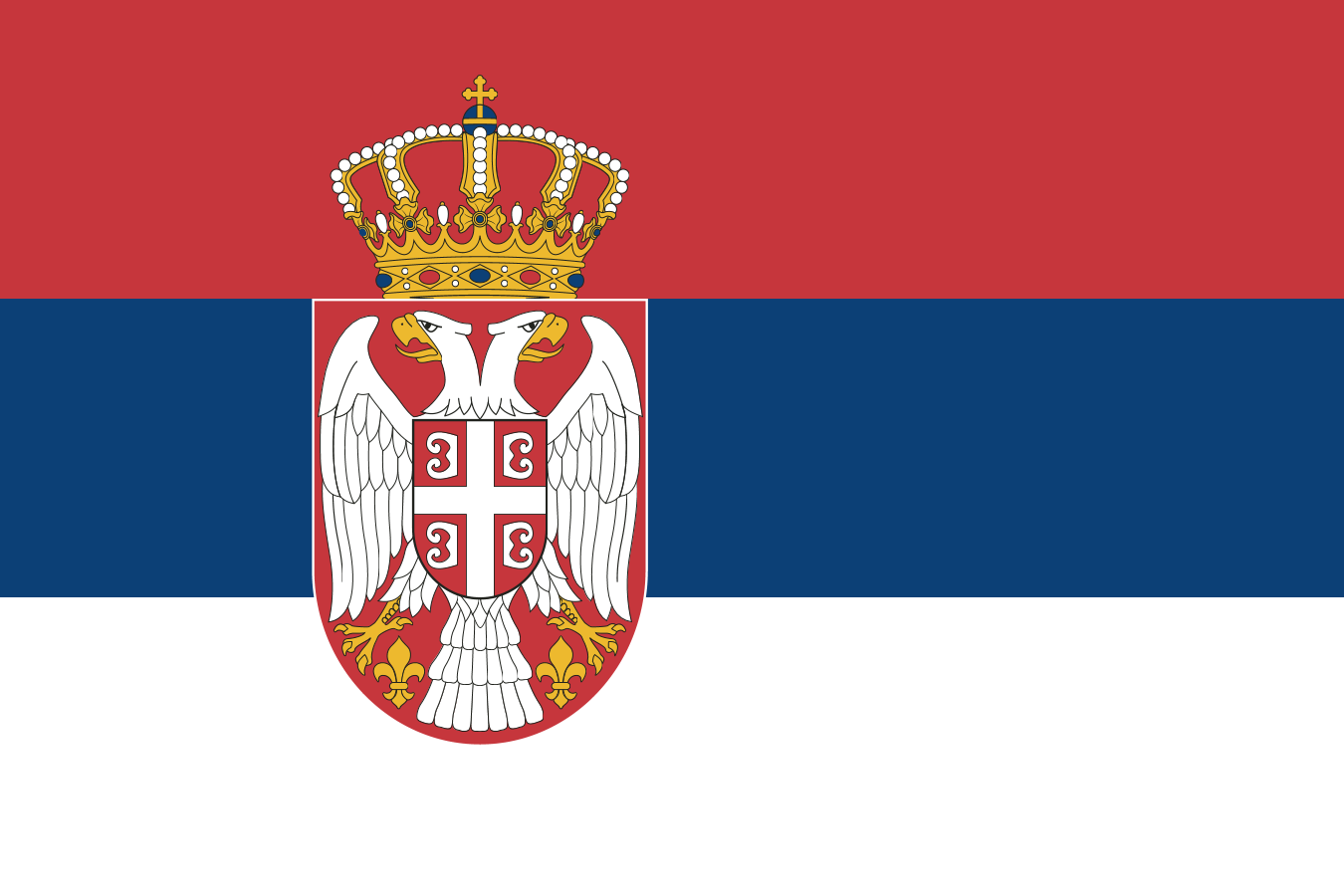What is Page Rank: Understanding Google's Website Ranking System
PageRank is an algorithm used by Google Search to rank websites in their search engine results. It is named after Larry Page, one of the founders of Google. PageRank was a novel approach that allowed Google to order search results, estimating the importance of web pages based on an objective set of principles and the link structures of the internet. The underlying assumption is that more important websites are likely to receive more links from other websites.
The mechanism behind PageRank stems from the idea of academic citations and their role in determining the importance of published work. Just as a research paper that is cited by numerous other papers is considered influential, a web page linked by many other pages is seen as having greater authority. The technique evaluates not just the count of links directed to a page but also the quality of the sites providing those links, thus establishing a system of weighting.
Key Takeaways
- PageRank is an algorithm developed by Google to rank web pages.
- It evaluates the importance of websites based on links and site authority.
- This ranking method was transformative for search engine results.
Fundamentals of Page Rank
PageRank is a system for ranking web pages that played an integral role in shaping the early development of the search engine Google. It is rooted in the idea that the importance of a website can be determined by the number of links pointing to it.
Definition and Purpose
PageRank is an algorithm used by the Google search engine to rank websites in their search engine results. Its purpose is to measure the relevance and importance of web pages by counting the number and quality of links to a page. Web pages with a higher number of quality inbound links are considered more important and are more likely to appear at the top of the search results.
- Relevance: PageRank helps determine how well a webpage answers a user's query.
- Importance: It assesses the significance of a web page based on the incoming links from other pages.
Historical Background
PageRank was developed by Larry Page and Sergey Brin at Stanford University in 1996. The idea behind PageRank began with the realization that valuable or authoritative pages are typically linked by more pages. Traditionally, this metric was represented as an integer between 0 and 10, where a higher number indicated greater importance.
- Founders: Larry Page and Sergey Brin
- Institution: Stanford University
- Rank Range: 0 (lowest) to 10 (highest)
Technical Details
In this section, we explore the intricate mechanics of PageRank, which is central to understanding how pages are assessed and ranked by search engines.
Algorithm Basics
PageRank operates on the principle that the importance of a webpage is reflected by the number and quality of links pointing to it. Initially devised by Larry Page and Sergey Brin, it assigns a numerical weighting to each element of a hyperlinked set of documents, such as the World Wide Web, with the purpose of "measuring" its relative importance within the set.
Importance of Links
Links, especially those from high-quality sites, serve as a vote of confidence, signaling a page's credibility and usefulness. We understand that a webpage with an abundance of inbound links from reputable sources is likely to be of high value, propelling it to a superior position in search engine rankings.
Page Rank Calculation
The PageRank of a page is calculated using an iterative algorithm based on the damping factor, typically set to around 0.85. This implies that a page's rank consists of 85% of the rank passed to it from backlinks and the remainder from an assumed probability of a random surfer arriving at the page. The formula can be represented as:
PR(A) = (1-d) + d (PR(T1)/C(T1) + … + PR(Tn)/C(Tn))
- PR(A): PageRank of page A
- d: Damping factor
- PR(Ti): PageRank of pages Ti which link to page A
- C(tI): Number of outbound links on page Ti
- n: Total number of outbound links
Factors Influencing Page Rank
Several factors influence PageRank:
- Link Quality: Links from authoritative and topically relevant websites carry more weight.
- Link Quantity: A higher number of backlinks can contribute to increased PageRank.
- Internal Links: Properly structured internal linking within a site can distribute PageRank effectively.
- External Links: Pages linking to external sites can distribute or 'leak' some of their PageRank.
However, modern search engine ranking algorithms have evolved to consider a multitude of factors beyond PageRank, adapting to the ever-changing dynamics of the web.

 EN
EN DK
DK SR
SR DE
DE FI
FI